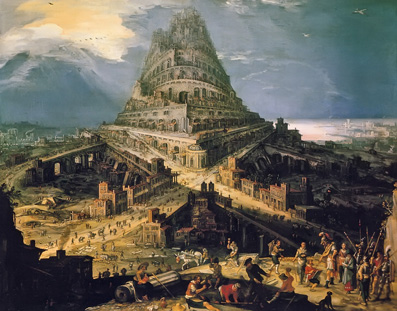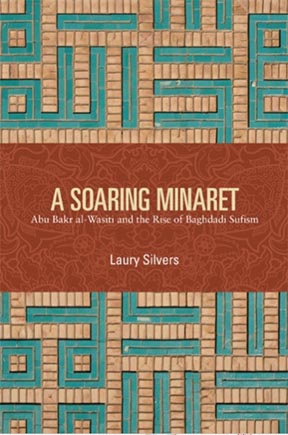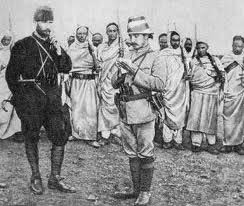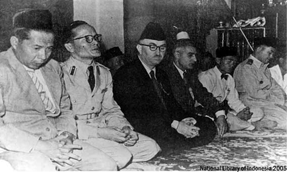
On March 11 an American soldier slipped out of his base before dawn and ended the lives of 17 Afghan civilians, who had returned to what they thought would be a safe home near the protection of the American military base. The general reaction to this is that the man “snapped,” an isolated act. Then there is the case of a Florida vigilante who shot an unarmed, young black kid wearing a hoodie and walking home; the man who shot him claims that it was in self defense. Someone must have “snapped” in the encounter. Yesterday an as-yet-unidentified killer took the life of an Iraqi mother living in El Cajon, California. The murderer snuck into her bedroom and bludgeoned her to near death, leaving a note that said “go back to your country.” Perhaps this was also an individual that “snapped”? A trial is now ending for a student at Rutgers who played a prank on his roommate by setting up a web-cam to record a homosexual encounter; his roommate killed himself. I guess one could say that the suicide happened because this young man “snapped”? Four different deaths, but all assumed to be because an individual acted in an abnormal way, a criminal act (suicide is still a criminal act in U.S. law) that goes counter to a society’s moral norms.
Such immoral acts have been going on since the get-go of human civilization; even ardent biblical literalists point to the fratricide of Cain. But assuming that an individual has “snapped” explains nothing, except to say “well, that is not supposed to happen.” Following the media, we are far too snap-happy in explaining away murder. Consider the bumper sticker mentality that “guns do not kill people, but people do.” To me this is like saying that malaria doesn’t kill people, but mosquitoes who carry the malaria do. Obviously it is a combination of the two. People use guns to kill people, either issued by the military (as in Afghanistan) or because of a constitutional American right to bear arms and stand one’s ground (as in Florida). People also use knives and steel rods, or even their bare hands. There are various means, but is it really useful to cite “snapping” as the rationale? Continue reading How safe is home?






